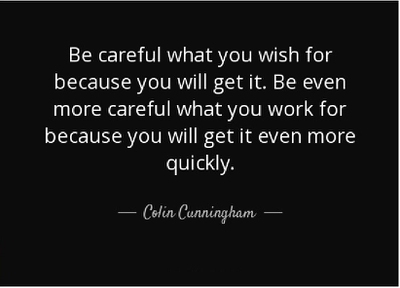The US is facing an aging population, falling birth rate and economic recession caused by the coronavirus pandemic. These issues will have huge implications on the size of the workforce and the consumer base. Watch the video to find out why America could be confronting an underpopulation problem and what business leaders and policymakers can do about it.This video does a stellar job of describing and explaining most of the issues I cover when I lecture about population in my environmental science course, which is why I plan on showing it to my students. The first CNBC mentions is a trend I've covered on this blog for years: U.S. birth rates have been dropping for more than a decade and fertility rates have been dropping for even longer than that. In fact, U.S. fertility rates have been at or below replacement rate since 1973, when Roe vs. Wade legalized abortion. Economic uncertainty and other factors have contributed to the trend.
Second, increased population is bad for the environment, as expressed by the variable P in I=P*A*T "where I is impact, P is population, A is affluence, and T is technology." Impact increases as both population and affluence increases; both drive up demand for resources and create more waste and pollution. Therefore, keeping population down will help the environment. By keeping human population below the carrying capacity for our species, it helps people as well.
Third, increasing educational and economic opportunities for women is the number one way to decrease birth rates and keep them down, although increasing economic security might put a floor under the declining birth rates. Women's education and a stronger economy will also increase affluence, which will increase impact if more efficient technologies don't counteract both affluence and population.
Fourth, I use the example of Japan's use of robots as a strategy to counteract a declining population. As the video points out, robots are not consumers, so they don't contribute to the economy through consumption, only through investment.
Fifth, while more males are born than women, women outlive men. I show that to my students when I lecture about age structure. That means the U.S. economy will increasingly rely on the consumption of older women.
Sixth, if not enough babies are born in the U.S. to meet our job demand, the country can allow more immigration. I'm O.K. with that, but Donald Trump became president in large part because many Americans weren't and still aren't. That's why, when one of my students asked in 2015 if the U.S. would ever adopt Chinese population policies, I responded no, that's not the American way. If the U.S. thinks it has an overpopulation issue, it would restrict immigration. The next week, Trump rode down the escalator and denounced immigrants. This is one of those cases where I hate being proved right.
The seventh and final point returns to the idea of carrying capacity and environmental footprint, a concept I cover on Earth Overshoot Day. The bad news is that if all 7.8 billion of us consumed like Americans currently do, humans would need five Earths to support the species sustainably. As much as I like science fiction ideas, there aren't four other planets and large moons to terraform, not that we have the technology to do so and not that it would solve our immediate consumption issues. The good news is that the experts interviewed think that population will peak in 40-50 years and start declining. If the planet and the societies and economies that depend on it can support the peak population then, it should be able to support the declining human population on the way down. This depends on more efficient technologies, the T in I=P*A*T, extracting resources and reducing waste more sustainably. The Crazy Eddie in me approves, although I'm worried it may not happen.
On the other hand, watching this video has made me only a little less worried about something I've repeated before.
I have been in favor of zero population growth for as long as I can remember. However, I'm not sure the U.S. economy is set up for a stable or slowly declining population, a point I made in the Hipcrime Vocab: Why Slowing Population Growth is a Problem. We are going to have to figure how to do so. Otherwise, I might live long enough to experience the wisdom of the saying "Be careful what you wish for; you might get it."

Maybe we'll be able to thread that needle after all. Here's to us helping to make that happen.
No comments:
Post a Comment